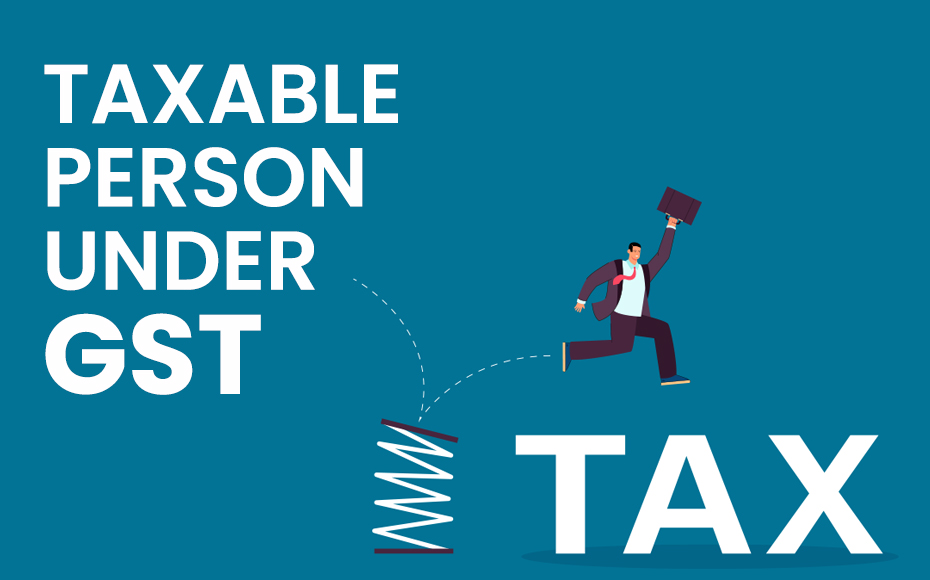

July 23, 2021

Since the GST is a destination-based, transaction-wise tax, it demands strict compliance procedures for all the taxpayers under it. So GST law has clearly defined offenses and penalties to prevent tax evasion and corruption. And the offense and penalty under GST would be levied if the taxpayer fails in compliance.
There are 21 sets of offenses, defined under the GST. One more offense is also added if a taxpayer avail of composition scheme even if he is liable.
In case any of the above-mentioned offenses are committed, a penalty under GST will have to be paid under the law. These penalties are based on the principles mentioned by the law. An offender who commits any of the abovementioned 21 offenses by either not paying tax or make short payments without an intention of tax fraud would be penalized 10% of the tax amount, due subject to a minimum RS 10000. In case an offender has an intention of fraud or tax evasion, he would be penalized for tax evaded or short deducted which is a 100% penalty under GST as much as Rs 10000.
Penalty for Late filing of GST return invokes a penalty as a late fee. As per the act, the GST penalty rate is Rs 100 per day. It is Rs 100 under CGST & 100 under SGST. So, the total penalty under GST for late filing would be 200 per day. The maximum penalty for late filing is Rs 5000. If there is any delay in filing, there would not be any late fee on IGST.
In addition to the late fee, interest should be paid at 18% per year. It must be assessed by the taxpayer on the tax to be paid. The time period would be from the next day of filing till the date of payment.
If someone commits fraud activities intentionally regarding the acts of GST, then he would be liable to PAY 100% penalty, which amounts to the evaded tax amount or short deducted, subject to a minimum of 10,000. Unless there is fraud intention that means the tax evasion is unintentional, then the penalty would be 10% subject to a minimum of Rs 10000.
Following things would lead to a penalty of Rs 25000 for any person who help someone to commit fraud
Other than the penalty on late payment of GST, the penalty for not filing GST is different. Unless you file any GST return, the succeeding returns cannot be filed. There is no such sort of penalty for nonpayment of GST. For instance, filing a GSTR2 return of October is filed then the next return of November cannot be filed. So late filing of GST returns could cause heavy fines and penalties.
An offender who does not pay tax or make short payments has to pay a penalty of 10 % of the tax due subject to a minimum of Rs10000. It is to be noted that a minimum penalty of Rs 10000is to be paid unless the tax or short payment has been made.10% of the unpaid tax is the maximum penalty.
An offender is supposed to pay the penalty amount of tax evaded /short deducted etc. that is 100 percentage penalty, subject to a minimum of Rs 10,000
Additional penalties are as follows:
|
Tax amount |
100-200 lakhs |
200-500 lakhs |
Above 500 lakhs |
|
Jail Term |
Up to 1 year |
Up to 3 years |
Up to 5 year |
|
Fine |
In all three cases |
||
When a joint commissioner of SGST/CGST has valid reasons to believe that a person has hidden any transaction made a claim for ITC etc. to evade tax. Then the joint commissioner could authorize any officer of CGST/SGST by writing to make an inspection at the places of business of the alleged evader.
The joint commissioner of SGST/CGST has sufficient reason to believe that some goods may be confiscated or hidden somewhere and that would be useful for the proceedings as incriminating evidence can order for a seizure of such materials.
If a vehicle carries goods exceeding Rs 50000, the person in charge of the vehicle should keep the following documents.
The proper officer has the authority to block and take the goods under movement into custody and make an inspection of goods and documents. If the goods are in violation of GST norms, the goods associated documents, and the vehicle carrying them would be seized. Then the goods would be released only on the payment of tax and penalty under GST. Before the confiscation, the officer may provide an option to pay a fine for avoiding confiscation.
Compounding offenses is another alternative to mitigate litigation. If the prosecution for an offense begins in a criminal court, the accused should appear before the magistrate for every hearing via an advocate. That costs more expensive and more time.
Hereunder compounding, the accused does not need to appear in person and it could be discharged by paying a compounding fee that cannot be more than the maximum fine applicable under GST. Even though it saves time, it is not possible for the cases where its values exceeding 1 crore.
The prosecution conducts legal proceedings against the offender regarding criminal charges.
A person who commits an offense with an intention of fraud is liable to be prosecuted under the GST Act and he would face criminal charges. A few examples of these offenses are:
In case the commissioner of CGST/SGST has a valid reason to believe that a person has committed certain offenses he could be arrested under the GST act by an authorized officer of CGST/SGST. The arrested person would be presented before the magistrate within 24 hours if it’s a cognizable offense.
Unless a person is satisfied with a decision or order was given, he can appeal against it under the GST. The first appeal against the order goes to First Appellate Authority. If the taxpayer is discontent with the decision of the First Appellate Authority he could appeal to the National Appellate Tribunal. Then to High Court and Supreme Court. In order to mitigate a prolonged process of appeal and litigation, a taxpayer has an option to request an advanced ruling under GST. Here, he seeks more clarification from the authorities on GST treatment before initiating the appeal process. Then the tax authorities provide a written decision or advanced ruling to the applicant on the query.




